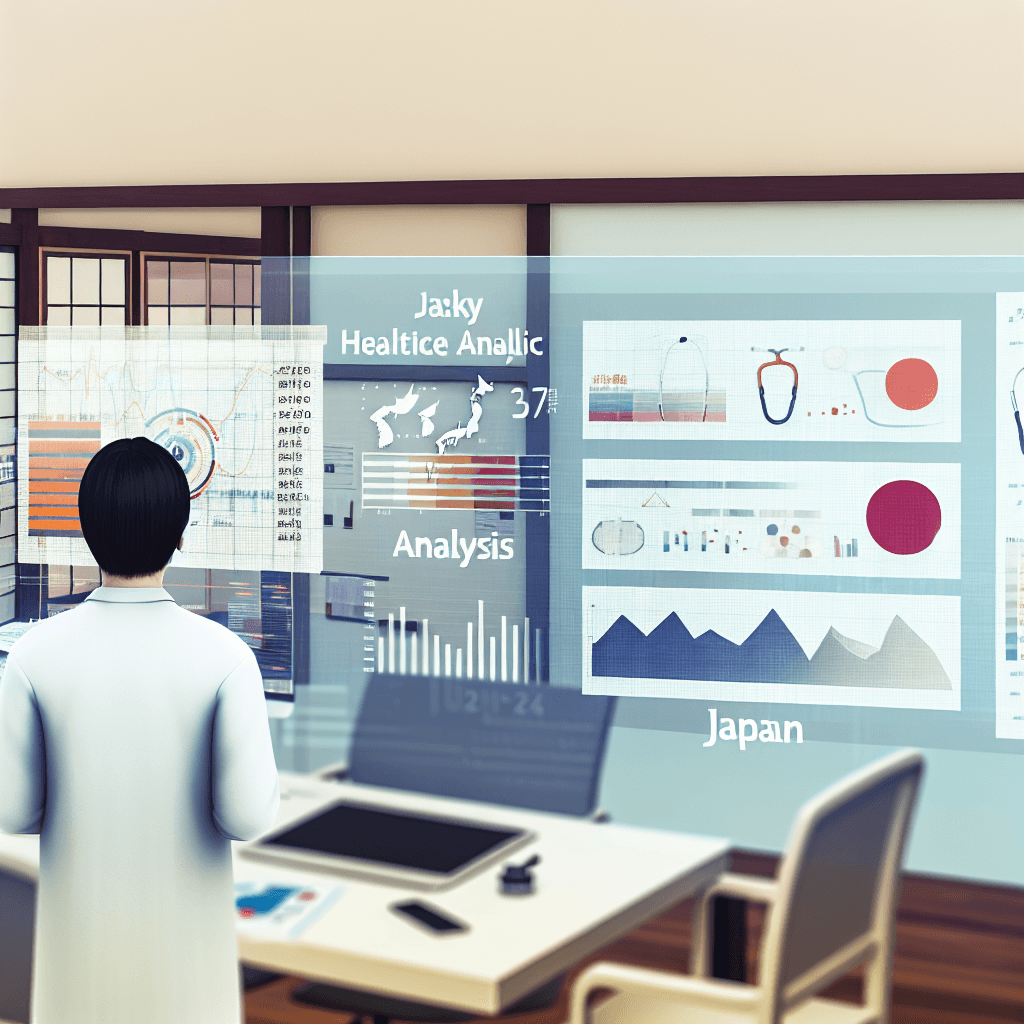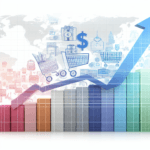Explore how Japan utilizes healthcare analytics to enhance patient outcomes and streamline medical services efficiently.
Healthcare Analytics in Japan

Table of Contents
Healthcare Analytics in Japan: Pioneering Smart Solutions in Medical Data

Japan’s healthcare system is renowned for its high standards of medical care and longevity of its population. However, with an aging demographic and increasing healthcare costs, there is a pressing need for innovative solutions to sustain and enhance these healthcare services. Healthcare analytics in Japan has emerged as a crucial tool in transforming medical data into actionable insights, leading to improved patient outcomes and operational efficiencies. This article explores the current landscape, challenges, and future prospects of healthcare analytics in Japan, providing a comprehensive overview of its impact on the healthcare system.
The Current Landscape of Healthcare Analytics in Japan
Japan’s healthcare analytics market is rapidly evolving, driven by technological advancements and governmental initiatives. The integration of big data, artificial intelligence (AI), and machine learning (ML) in healthcare settings is not just a trend but a necessity, given the country’s unique demographic challenges and the need for efficient healthcare delivery.
- Government Initiatives: The Japanese government has launched several initiatives to promote the use of big data and AI in healthcare. For instance, the “Society 5.0” initiative aims to integrate advanced technologies into every aspect of society, including healthcare.
- Technological Adoption: Major hospitals and research centers in Japan are increasingly adopting electronic health records (EHRs), which facilitate the seamless collection and analysis of patient data.
- Private Sector Innovation: Many Japanese technology firms are collaborating with healthcare providers to develop analytics tools that can predict patient outcomes, optimize hospital operations, and personalize patient care.
These developments are creating a robust environment for healthcare analytics to thrive, positioning Japan as a leader in this field.
Key Applications of Healthcare Analytics in Japan
Healthcare analytics in Japan is being applied in various innovative ways across the healthcare spectrum. These applications not only demonstrate the potential of analytics in healthcare but also highlight Japan’s commitment to integrating technology with patient care.
- Predictive Analytics: Hospitals are using predictive models to forecast patient admissions and manage resources effectively. For example, algorithms can predict peak times for patient admissions, allowing hospitals to allocate staff and resources efficiently.
- Personalized Medicine: Analytics tools are being used to analyze genetic data, lifestyle information, and clinical histories to tailor treatments to individual patients. This approach enhances the effectiveness of treatments and minimizes adverse reactions.
- Operational Efficiency: Data analytics is instrumental in streamlining operations, from inventory management in pharmacies to scheduling surgeries in hospitals.
These applications not only improve healthcare delivery but also contribute to cost reduction and enhanced patient satisfaction.
Challenges in Implementing Healthcare Analytics
Despite the advancements and potential benefits, there are several challenges that Japan faces in the implementation of healthcare analytics.
- Data Privacy and Security: With the increase in data breaches globally, there is a significant concern about the privacy and security of patient data. Japan must ensure robust cybersecurity measures to protect sensitive health information.
- Interoperability: The lack of standardization across different healthcare systems and platforms can hinder the effective exchange and analysis of data.
- Resistance to Change: There is often resistance among healthcare providers and patients to adopt new technologies, driven by concerns over job security and the impersonal nature of technology.
Addressing these challenges is crucial for the successful integration of analytics into Japan’s healthcare system.
Case Studies and Success Stories
Several success stories highlight the positive impact of healthcare analytics in Japan. These case studies not only illustrate the practical applications of analytics but also serve as models for other countries looking to implement similar technologies.
- Osaka University Hospital: This hospital implemented a system that uses AI to predict sudden spikes in patient admissions. This system has allowed the hospital to better prepare and allocate resources, significantly improving patient care during critical times.
- Pharmaceutical Companies: Japanese pharmaceutical firms are using analytics to streamline drug development processes. By analyzing vast amounts of clinical trial data, these companies can identify potential drug candidates much faster than traditional methods.
These examples demonstrate the transformative potential of healthcare analytics in improving both operational efficiencies and patient care outcomes.
Future Prospects and Innovations
The future of healthcare analytics in Japan looks promising, with several innovations on the horizon that could further revolutionize the healthcare industry.
- Integration of IoT Devices: The use of Internet of Things (IoT) devices in healthcare is expected to increase, providing real-time health monitoring and data collection.
- Advanced AI Algorithms: Future developments in AI could lead to more sophisticated predictive models that can anticipate a wider range of medical conditions and outcomes.
- Collaborative Healthcare Platforms: There is a move towards creating more collaborative platforms where healthcare providers, patients, and technology companies can share information and resources more effectively.
These innovations not only promise to enhance the efficiency and effectiveness of healthcare services but also to personalize patient care to an unprecedented level.
Conclusion
Healthcare analytics in Japan is setting a global benchmark in the integration of technology in healthcare. Through government initiatives, technological adoption, and innovative applications, Japan is addressing its demographic challenges and transforming its healthcare system. While there are challenges to overcome, particularly in the areas of data security and system interoperability, the potential benefits of healthcare analytics make it a crucial area for continued investment and development. As Japan continues to innovate and implement these technologies, it provides valuable insights and models for other nations grappling with similar healthcare challenges.
In conclusion, healthcare analytics is not just a tool for managing healthcare data but a transformative force capable of reshaping the future of healthcare in Japan and beyond.








